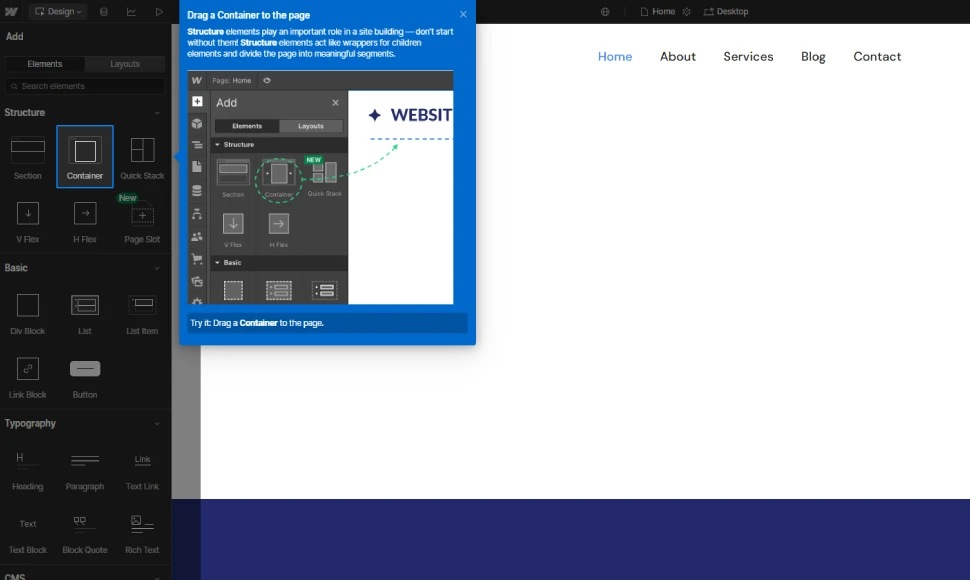Unlocking Player Engagement Through Reward Personalization #4
Table of Contents
Building upon the foundational concepts discussed in How Multiplier Effects Shape Modern Digital Games, it becomes evident that the next frontier in engaging players involves tailoring rewards to individual preferences. While multiplier mechanics amplify scores and rewards across the board, personalized reward systems go a step further by creating a unique, emotionally resonant experience for each player. This evolution signifies a shift from purely quantitative enhancements to qualitative, individualized engagement strategies that deepen loyalty and immersion.
- The Psychology Behind Player Motivation and Personalization
- Data-Driven Personalization: Crafting Tailored Reward Experiences
- Beyond Points and Scores: Diverse Forms of Personalized Rewards
- Balancing Personalization and Fairness: Challenges and Solutions
- Impact of Reward Personalization on Player Retention and Monetization
- Technological Innovations Enabling Reward Personalization
- Connecting Reward Personalization to Multiplier Mechanics
- Conclusion: Evolving the Multiplier Effect Paradigm through Reward Personalization
The Psychology Behind Player Motivation and Personalization
Understanding what drives players to stay engaged is crucial for developing effective reward systems. Traditional multiplier mechanics boost motivation by increasing the potential reward for actions, creating a sense of excitement and achievement. However, personalized rewards tap into deeper psychological needs, such as autonomy, competence, and relatedness, as outlined in self-determination theory. For example, a player who values aesthetics may be more motivated by exclusive skins or avatars, while another who enjoys storytelling may find value in unique narrative paths.
Research shows that intrinsic motivation—doing something because it is inherently interesting or enjoyable—can be significantly enhanced through personalized rewards. When a game recognizes a player’s individual preferences and tailors incentives accordingly, it fosters a sense of recognition and respect, encouraging sustained engagement. This personalized approach also reduces the feeling of being subjected to generic, one-size-fits-all reward systems, which can diminish players’ emotional investment and long-term loyalty.
Data-Driven Personalization: Crafting Tailored Reward Experiences
Implementing effective personalization relies heavily on collecting and analyzing player data ethically and responsibly. Modern games utilize a combination of in-game behavior tracking, social media interactions, and device analytics to build detailed player profiles. These data points include gameplay style, preferred genres, spending habits, and social engagement levels.
Advanced algorithms, including machine learning and artificial intelligence, process this data to generate real-time insights. For instance, an AI system can detect that a player frequently engages in competitive PvP matches and then tailor rewards such as exclusive titles or leaderboards to reinforce their competitive drive. Successful case studies, like those seen in titles such as Fortnite or Genshin Impact, demonstrate how personalized rewards foster deeper engagement and increase monetization by aligning incentives with player motivations.
Beyond Points and Scores: Diverse Forms of Personalized Rewards
Personalization extends well beyond simply increasing points or scores. Today’s innovative games incorporate a variety of reward types designed to resonate personally with players:
- Custom avatars, titles, and aesthetic enhancements: Players can unlock or design unique visual elements that reflect their identity, fostering a sense of ownership.
- Unique storylines and gameplay paths: Adaptive narratives based on player choices create a personalized journey, increasing emotional investment.
- Real-world rewards and social recognition: Trophies, badges, or even physical items can be tailored to acknowledge individual achievements, strengthening community bonds.
For example, games like The Witcher 3 offer personalized in-game rewards that align with player choices, while social features such as custom leaderboards or recognition on social media enhance social engagement.
Balancing Personalization and Fairness: Challenges and Solutions
While personalized rewards significantly enhance engagement, they present unique challenges related to fairness and game integrity. Exploitation of reward systems—such as farming for exclusive items or manipulating algorithms—can undermine the game’s balance. To address this, developers implement safeguards like cooldown periods, cap limits, and anti-cheat measures.
Maintaining fairness also involves transparent communication about how rewards are earned and distributed. Ethical considerations in data usage are crucial; player data must be collected and utilized with consent, ensuring privacy and compliance with regulations like GDPR. Striking the right balance ensures that personalization deepens engagement without compromising fairness or player trust.
Impact of Reward Personalization on Player Retention and Monetization
Empirical evidence suggests that personalized reward systems directly contribute to increased player retention and monetization. A study published in the Journal of Gaming & Virtual Worlds indicates that players who receive tailored incentives are 30% more likely to remain active over six months compared to those with generic rewards.
Personalized incentives also encourage in-game spending. For example, offering exclusive customization options or early access to new content based on player preferences can motivate additional purchases. Over time, this fosters a sense of ownership and loyalty, transforming casual players into dedicated community members. Long-term, such strategies support sustainable growth and a vibrant player ecosystem.
Technological Innovations Enabling Reward Personalization
Cutting-edge technologies such as machine learning, artificial intelligence, and real-time data analytics have revolutionized personalization capabilities. These tools enable developers to create adaptive environments that respond dynamically to player behavior. For instance, AI-driven systems can modify reward structures mid-game, offering tailored incentives to optimize engagement and satisfaction.
Seamless integration of personalization into game design involves embedding analytics and AI modules directly into the core architecture, ensuring that adjustments are smooth and unobtrusive. Future trends point toward fully adaptive environments where game worlds themselves evolve based on individual player styles, creating a highly personalized experience that keeps players immersed and motivated.
Connecting Reward Personalization to Multiplier Mechanics
The synergy between multiplier effects and personalized rewards opens new avenues for layered engagement strategies. When multipliers amplify generic rewards, personalized rewards can further enhance their impact by aligning incentives with individual motivations, effectively multiplying the psychological and emotional payoff.
For example, a game might offer a multiplier bonus for completed challenges, and then provide personalized rewards such as unique character skins or storylines that are unlocked only under specific multiplier conditions. This creates a layered system where each mechanic reinforces the other, resulting in heightened player motivation and sustained engagement.
Hybrid systems—combining multiplier mechanics with personalized rewards—are already present in titles like Clash of Clans or League of Legends, where players are incentivized through both score multipliers and personalized content, fostering a more immersive and rewarding experience.
Conclusion: Evolving the Multiplier Effect Paradigm through Reward Personalization
The evolution from simple multiplier mechanics to sophisticated, personalized reward systems signifies a major shift in game design philosophy. By tailoring incentives to individual player preferences, developers can deepen emotional engagement, foster loyalty, and enhance monetization—while simultaneously maintaining fairness and ethical standards.
“Personalized rewards amplify the multiplier effect by creating layered, emotionally resonant experiences that keep players coming back.” – Industry Expert
As technology continues to advance, the integration of adaptive environments and dynamic reward systems will define the next generation of engaging digital games. Recognizing the synergy between multiplier mechanics and personalized incentives is key to shaping innovative, player-centric experiences that stand out in a competitive landscape.
In summary, the future of game engagement hinges on the ability to create flexible, ethical, and deeply personalized reward ecosystems—transforming the traditional multiplier paradigm into a sophisticated, adaptive engagement strategy that appeals to the diverse motivations of modern gamers.
 +91 98792 74063
+91 98792 74063


